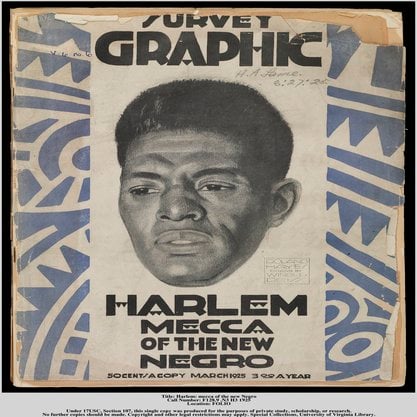Article
James, William (1842–1910) By Stanley, Kate
Article
William James was an American psychologist and philosopher who worked across those fields to investigate the nature of consciousness, experience and free will. A founding figure in the study of modern psychology in the United States, James went on to establish what he described as ‘the method’ of Pragmatism and the philosophical orientation that he called ‘radical Empiricism’. Born in New York, James was the son of Henry James Sr., a Swedenborgian theologian, the godson of Ralph Waldo Emerson (1803–1882), and the brother of novelist Henry James (1843–1916). James’s writings and lectures on psychology, religion, metaphysics, epistemology and education influenced a range of intellectuals and artists, including Bertrand Russell (1872–1970), W. E. B. Du Bois (1868–1963), Gertrude Stein (1874–1946), Wallace Stevens (1879–1955), Robert Frost (1874–1963), Ludwig Wittgenstein (1889–1951), Hilary Putnam (1926–2016) and Richard Rorty (1931–2007).


